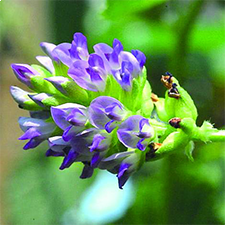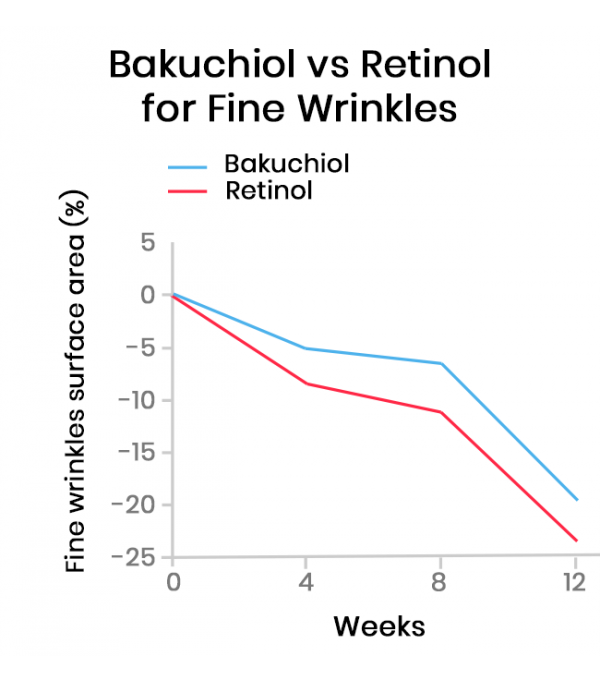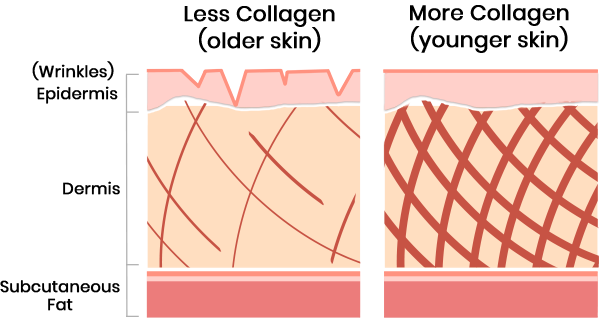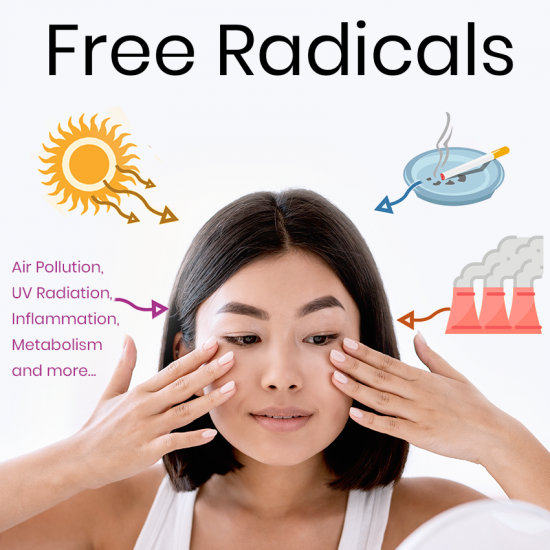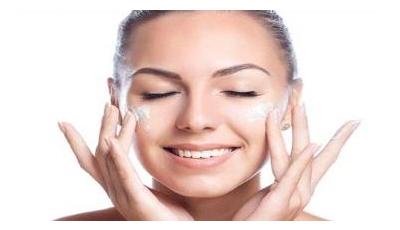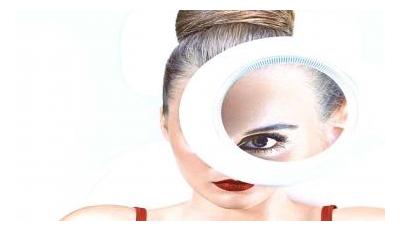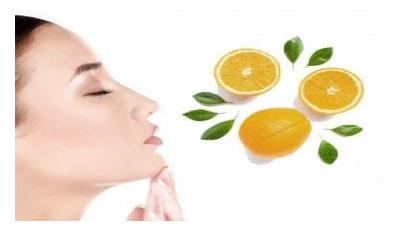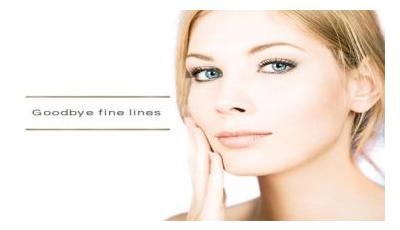Bakuchiol is a natural and effective ingredient for cosmetic serums and creams which is growing in popularity as a retinol alternative. It shares much of retinol’s power to reduce fine wrinkles, but unlike retinol, bakuchiol is sun-safe.
Yet further, bakuchiol protects the skin, boosts collagen, makes skin tone more even, and helps protect against acne blemishes. In contrast, retinol use commonly leads to one or more of dryness, itching, redness, burning, scaling, peeling, and hives, as well as sun sensitivity. 1, 2

Reduces Fine Wrinkles
Bakuchiol can be effective in fighting fine wrinkles. In a British Journal of Dermatology study, twice-daily administration of a 0.5% bakuchiol cream showed an average of 6.4% improvement in fine wrinkles after 8 weeks and 19% improvement at 12 weeks. 8
How will bakuchiol and retinol compare for you? At the cost of greater harshness and requiring avoidance or full protection from sun, retinol may have a few percent more anti-wrinkle power, while bakuchiol provides comparable anti-wrinkle effectiveness together with many other benefits, and can safely be used in the sun.

Safe in the Sun, Healthy for you
Derived from the seeds of the Babchi plant, Bakuchiol is very safe and natural (Rated a “1” on EWG, the safest rating). It is also one of the best ant-aging ingredients because it does not degrade in the sun. On the other hand, Retinol stops working as soon as it is exposed to sunlight. This is why it is not recommended to use retinol skincare in the morning or during the day.
Also, retinol thins your skin causing extra sun sensitivity that leads to irritation. Retinol’s safety rating is not good either. It is rated 6-9 (high concern) on EWG due to its potential to cause reproductive issues for pregnant/nursing women and due to some animal studies showing tumor growth.


Fights Bad Bacteria, Reduces Excess Sebum, And Is Anti-Inflammatory
Bakuchiol is friendly to you, but not to your skin’s enemies. It can kill P. acne and other bacteria and fungus that can plague acne-affected skin. Against E. coli, it is equally powerful as chlorhexidine. But where bacteria are a problem in the skin, generally their opportunity comes from underlying causes of excess sebum production, inflammation, and squalene oxidation. Bakuchiol helps with all of these. Among the ways it does this are inhibition of problem-causing enzymes (5a-reductase and myeloperoxidase), and its powerful anti-oxidant ability. 3,6,9-11
Net effect? A 1% bakuchiol cream, even with no other anti-acne agent, can outperform 2% salicylic acid! Better yet, as it works completely differently, bakuchiol can be synergistically combined with other acne treatments. 9
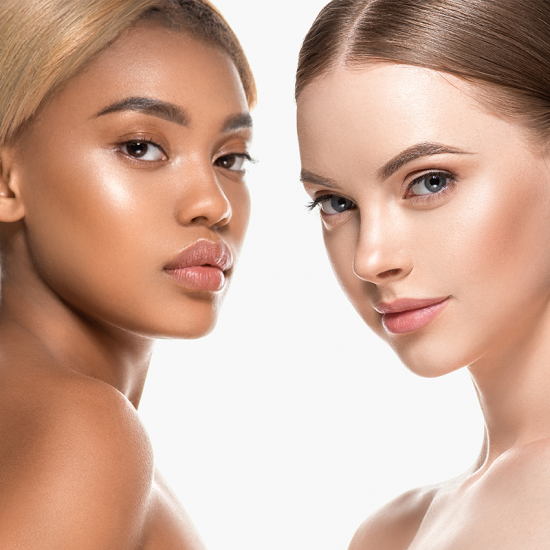

Protects Skin
Free radicals can wreak havoc on your skin, and the damage builds up with time. To protect against this, you need antioxidant power. Bakuchiol provides the skin about twice the antioxidant effect as Vitamin E when comparing equal amounts. It also provides protective activity against mutagens from environmental pollution. These bakuchiol benefits can reduce the stresses and aging your skin experiences. 2-6

Makes Skin Tone More Even
A surprising benefit of bakuchiol is in making skin tone more even, reducing photo-aging and hyper-pigmentation. In one study, bakuchiol was found ten times more potent than arbutin, a powerful reference compound. More even skin tone is one of the most frequently noted benefits when using a bakuchiol cream or serum. 8,9
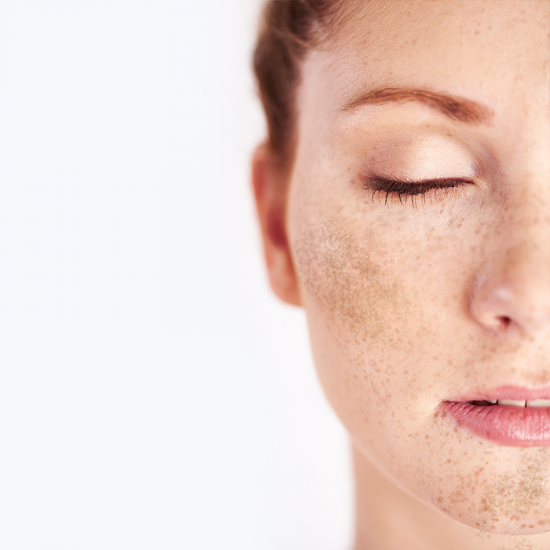
[1] Draelos, Zoe Diana et al. “Clinical Evaluation of a Nature-Based Bakuchiol Anti-Aging Moisturizer for Sensitive Skin.” Journal of drugs in dermatology vol. 19,12 (2020): 1181-1183. https://pubmed.ncbi.nlm.nih.gov/33346506/
[2] Jafernik, Karolina et al. “Characteristics of bakuchiol - the compound with high biological activity and the main source of its acquisition - Cullen corylifolium (L.) Medik.” Natural product research, 1-15. 13 Nov. 2020. https://pubmed.ncbi.nlm.nih.gov/33185126/
[3] Trompezinski, Sandra et al. “Assessment of a new biological complex efficacy on dysseborrhea, inflammation, and Propionibacterium acnes proliferation.” Clinical, cosmetic and investigational dermatology vol. 9 233-9. 31 Aug. 2016. https://pubmed.ncbi.nlm.nih.gov/27621660/
[4] Adhikari, S et al. “Antioxidant activity of bakuchiol: experimental evidences and theoretical treatments on the possible involvement of the terpenoid chain.” Chemical research in toxicology vol. 16,9 (2003): 1062-9. https://pubmed.ncbi.nlm.nih.gov/12971793/
[5] Haraguchi H, Inoue J, Tamura Y, Mizutani K. Antioxidative components of Psoralea corylifolia (Leguminosae). Phytother Res. 2002 Sep;16(6):539-44. https://pubmed.ncbi.nlm.nih.gov/12237811/
[6] Chaudhuri, Ratan & Marchio, Francois. (2011). Bakuchiol in the management of acne-affected Skin. Cosmet. Toilet. 126. 502-510. https://www.researchgate.net/publication/284931325_Bakuchiol_in_the_management_of_acne-affected_Skin
[7] Wall, M E et al. “Plant antimutagenic agents, 2. Flavonoids.” Journal of natural products vol. 51,6 (1988): 1084-91. https://pubmed.ncbi.nlm.nih.gov/3069957/
[8] Dhaliwal, S et al. “Prospective, randomized, double-blind assessment of topical bakuchiol and retinol for facial photoageing.” The British journal of dermatology vol. 180,2 (2019): 289-296. https://pubmed.ncbi.nlm.nih.gov/29947134/
[9] Chaudhuri, R K, and K Bojanowski. “Bakuchiol: a retinol-like functional compound revealed by gene expression profiling and clinically proven to have anti-aging effects.” International journal of cosmetic science vol. 36,3 (2014): 221-30. https://pubmed.ncbi.nlm.nih.gov/24471735/
[10] Ferrándiz, M L et al. “Effect of bakuchiol on leukocyte functions and some inflammatory responses in mice.” The Journal of pharmacy and pharmacology vol. 48,9 (1996): 975-80. https://onlinelibrary.wiley.com/doi/abs/10.1111/j.2042-7158.1996.tb06016.x
[11] Lim, Hye-Sun et al. “Bakuchiol Suppresses Inflammatory Responses Via the Downregulation of the p38 MAPK/ERK Signaling Pathway.” International journal of molecular sciences vol. 20,14 3574. 22 Jul. 2019. https://pubmed.ncbi.nlm.nih.gov/31336605/
-
Best Hyaluronic Acid - Benefits & Treatment
By Dr. KarenDecember 28, 2021 -
Under Eye Wrinkles
By Dr. KarenDecember 17, 2021 -
Hyaluronic Acid and Vitamin C
By Dr. AnnaDecember 17, 2021 -
Smile Line Fillers- Get Rid of Smile Lines
By Dr. KarenDecember 17, 2021
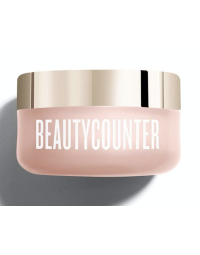
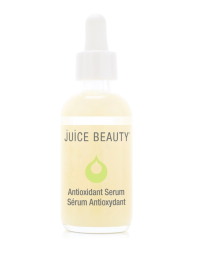
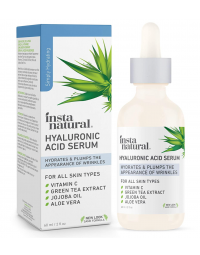
Search the blog
Article Categories
- All Articles (95)
- Rating Charts (1)
- Beauty & Skincare (17)
- FAQ (0)
- Hair Care (9)
- Health & Wellness (12)
- Anti-Aging (4)
- Kid's Health (0)
- Makeup (2)
- Men's Health (2)
- Oral Care (3)
- Sunscreen (7)
- Skin Tools & Treatments (10)
- Supplements (26)
- Videos (0)

